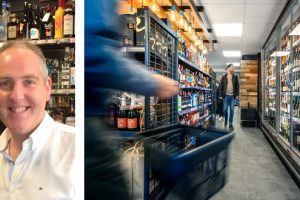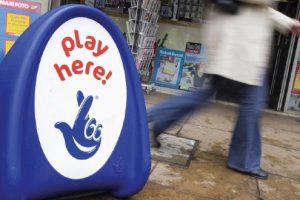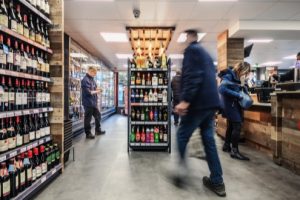The multiples also reported strong sales, with Tesco, Sainsbury’s and Marks & Spencer all posting like-for-like growth of about 7.2%. But, as Kantar points out, grocery price inflation was the real driving force, rather than shoppers putting more products in their basket or trolley.
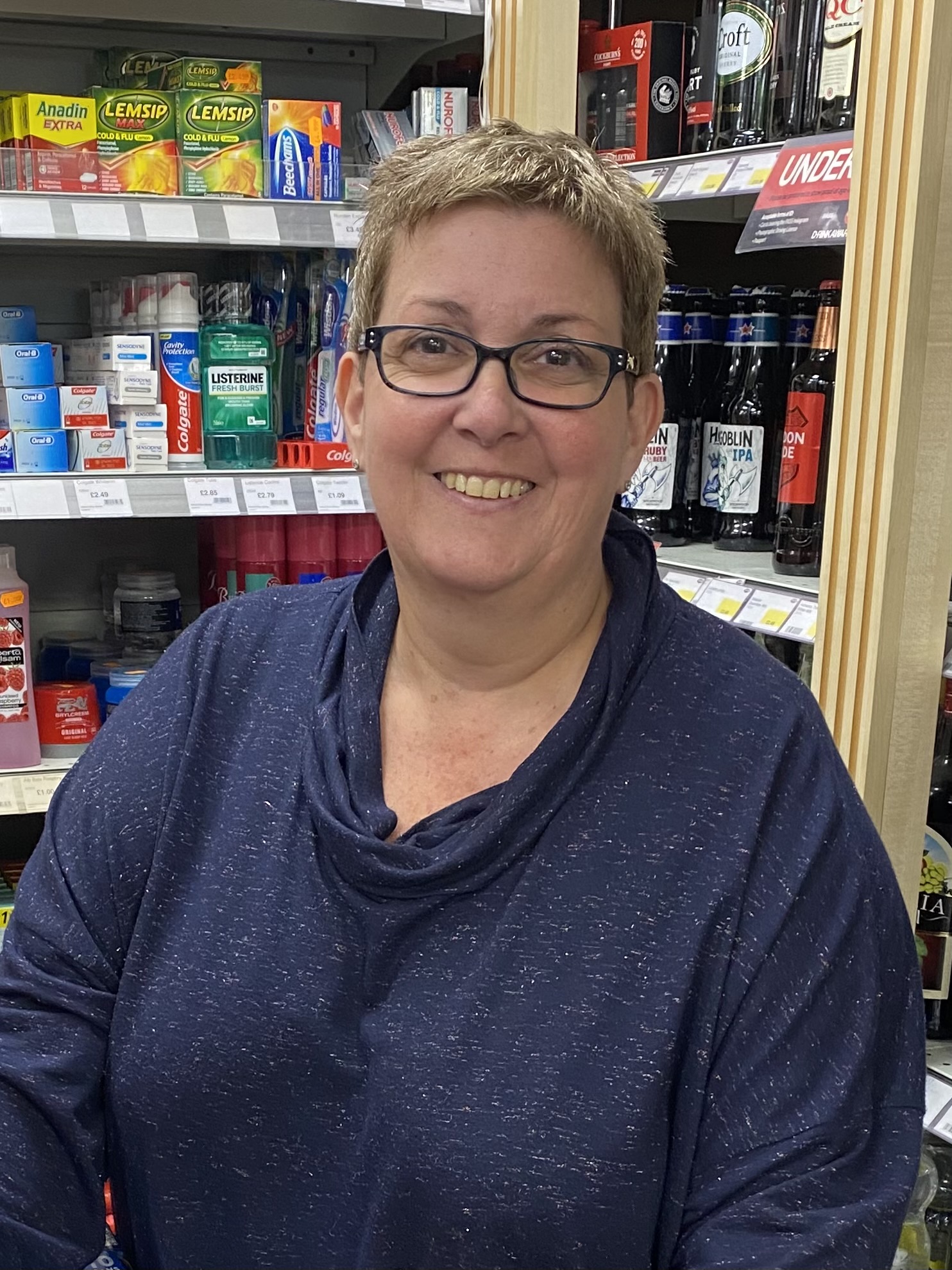
Anita Nye
If inflation is stripped out, the volume of goods bought actually fell by 1%. So what’s the reality for independent retailers across the UK? How did their stores fare in the run-up to Christmas and over the festive period?
Festive mix
For Anita Nye, who runs the Premier Eldred Drive store in Orpington, Kent, Christmas trade went surprisingly well. She said: “We were expecting it be down, to be honest, but it held up very well, especially on Christmas Eve and the day before, when takings were £1,000 up each day on last year.”
The products that led the way were a typical festive mix of alcohol and confectionery, with strong evidence that whenever else customers were planning cutbacks, it was not going to be at Christmas. There was caution, but customers still wanted to have their celebration, said Nye.
Valerie Aston, director at the Scarborough-based Proudfoot group, said trading between 4 December and 7 January was up by 8.1% against 2021 and 11.2% against 2020.
The busiest period was the fortnight before Christmas, although this was hampered because of ice and snow, which discouraged some customers, many of whom walk to Proudfoot’s stores. Best-selling products over the period were along traditional lines, including turkey and gammon from the in-store butchery, mince pies and Christmas confectionery.
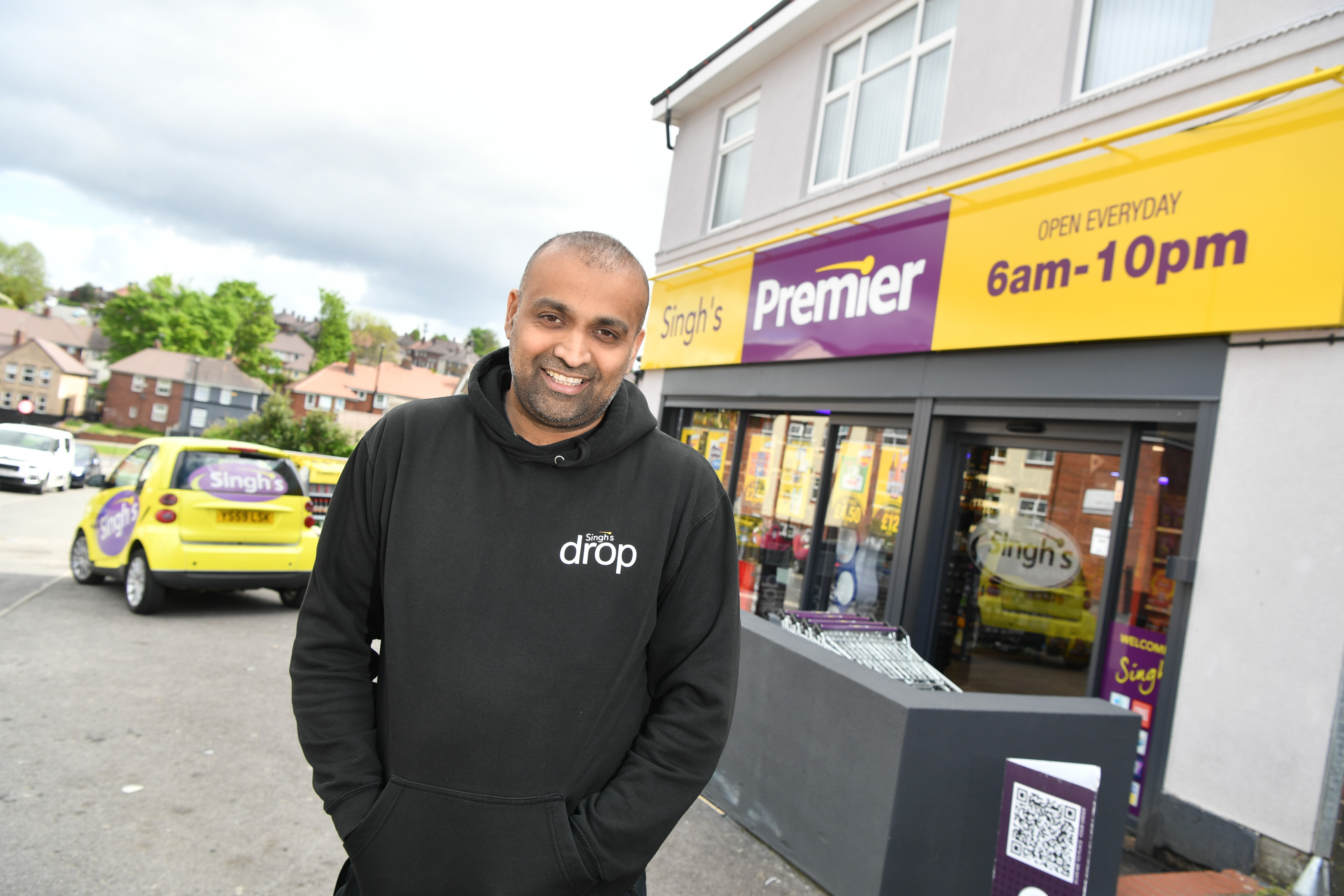
Mandeep Singh
Also selling well were everyday items such as eggs, fresh fruit and vegetables, cigarettes and tobacco, bread and soft drinks. The cost of living did not appear to have a major effect on Christmas sales either. Aston said: “Whatever happens, even when Covid impacted families getting together, our customers always ensure they celebrate the Christmas and New Year holidays.”
Social media
Mandeep Singh, who operates three Singh’s Premier stores in Sheffield, was another who reported an “excellent” Christmas with turnover up 23% and deliveries 41% up on last year.
Singh, whose stores opened on both Christmas and Boxing Day, puts that success down partly to a big social media presence – the stores have 29,000 followers on Facebook – as well as the Booker mantra of “choice, price and service”.
Products that did particularly well in December included the Gordon’s gin range, which was heavily promoted, but Singh stressed that it was deliveries across the board that helped drive turnover.
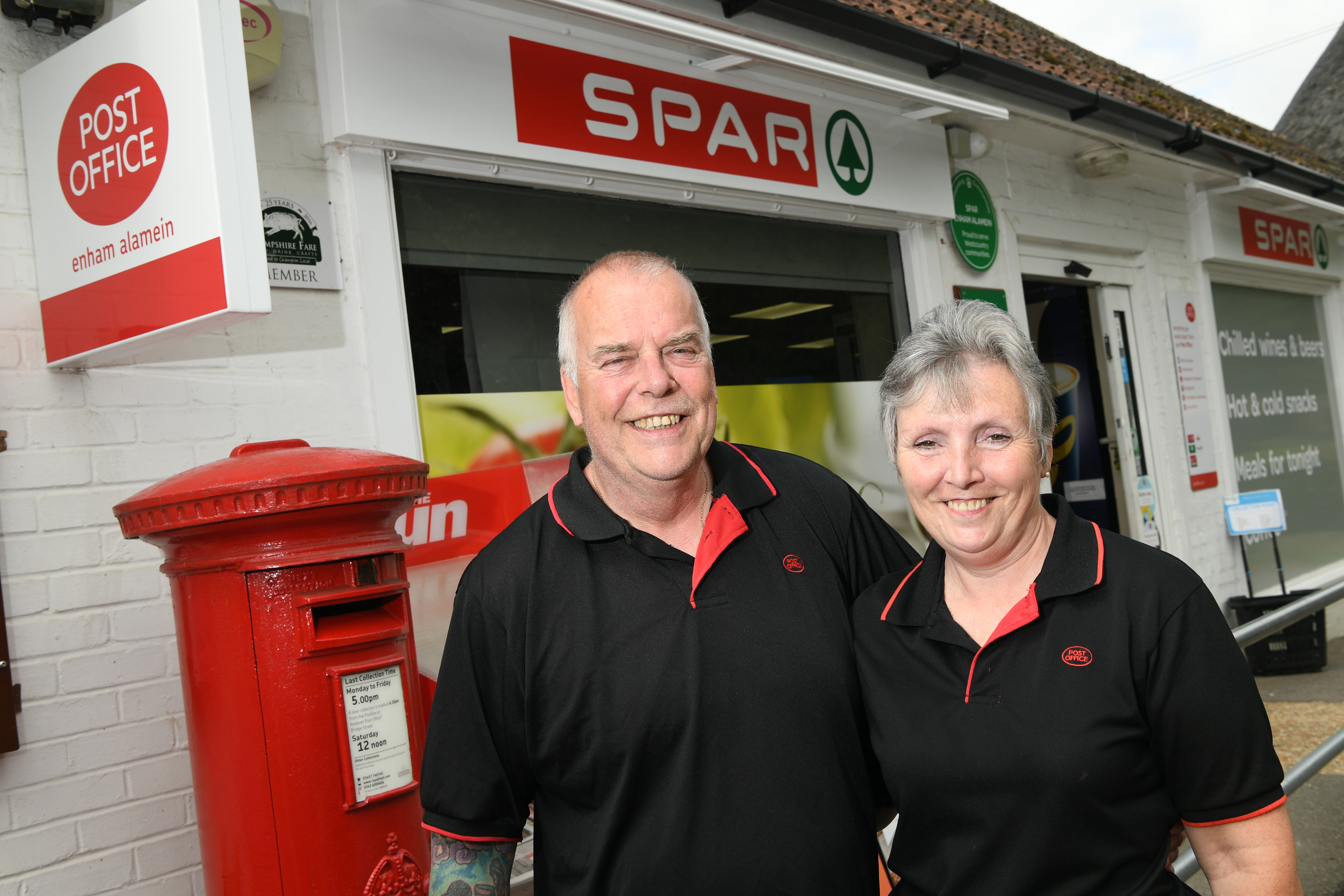
Leslie Francis (Right)
Leslie Francis, who runs the Spar Enham Alamein store and post office in Hampshire with her husband, Tim, said Christmas was poor because of the twin difficulties of the postal strike and the economy.
Francis said the strikes also created more work for staff to “try to manage customer expectations” and had the effect of reducing footfall to the store because fewer customers were coming to the post office.
This had consequences for all sales, Francis said. “Last year, for example, we sold out of all our confectionery.
This year we didn’t, and that underperformance does seem to have been driven by the drop in footfall.”
Economic conditions
Earlier in December, the football World Cup did provide what Francis described as a “marginal increase” in trade, but gloomy economic conditions were the main influence on business, which was down across the board. “Even beer sales were relatively modest. I think many people were just being fairly controlled in what they were buying.”
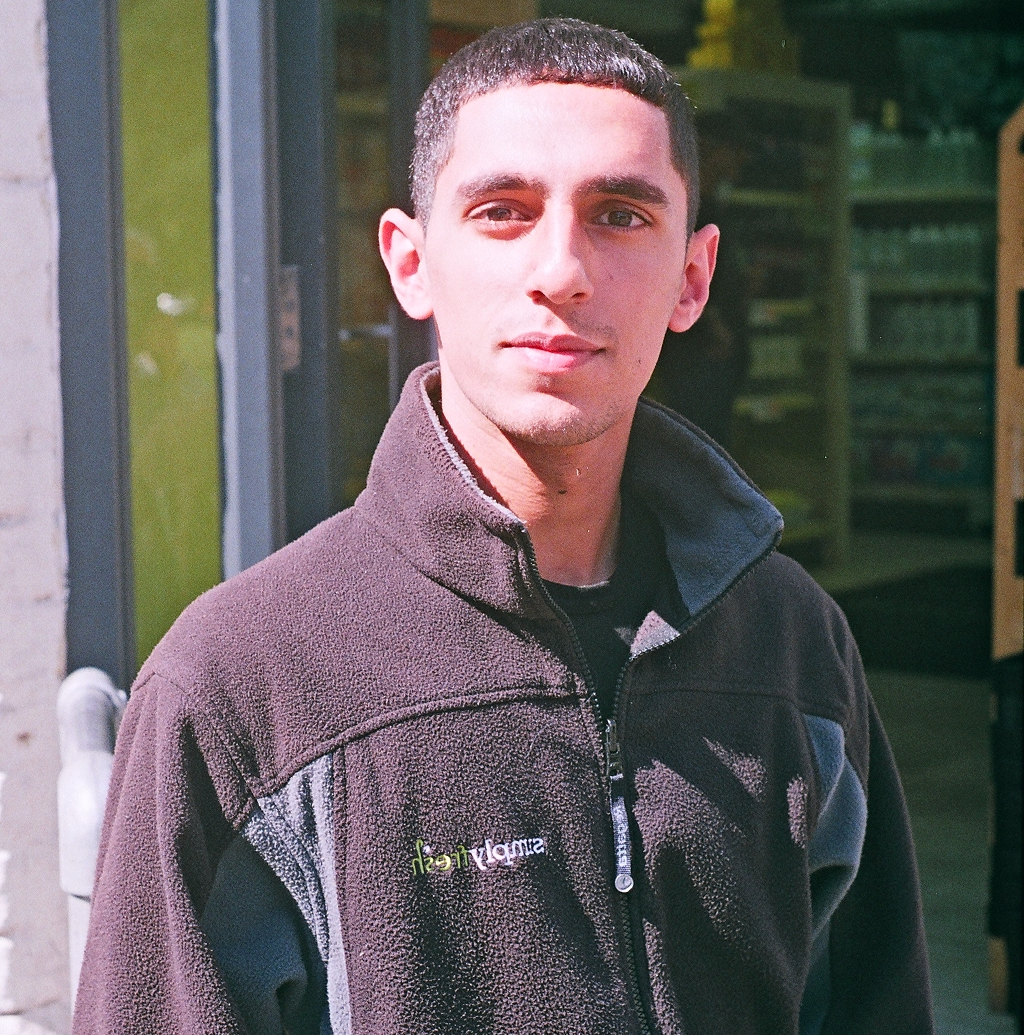
Sandeep Bains
Sandeep Bains, who runs a Welcome store in Faversham, Kent, said he was very happy with Christmas trading, with both basket size and footfall up on last year.
The Southern Co-op franchise was open on both Christmas Day and Boxing Day. Products that sold particularly well this year included draught beer from Beer Hawk.
Bains said he bought a pallet and a half but still sold out by Christmas Eve.
The Prime Hydration sports drink, which has become an internet craze after it was created by YouTube influencers KSI and Logan Paul, also sold very well.
The Prime brand also provided a sales boost for Harry Goraya, who runs a Nisa Local store down the road in Gravesend, Kent. “We were one of the fortunate ones to have the dreaded Prime drink, and unlike Aldi and Asda, we had all the flavours. That went extremely well,” he said.
Overall, though, he describes Christmas and New Year sales as having been “average” this time around.
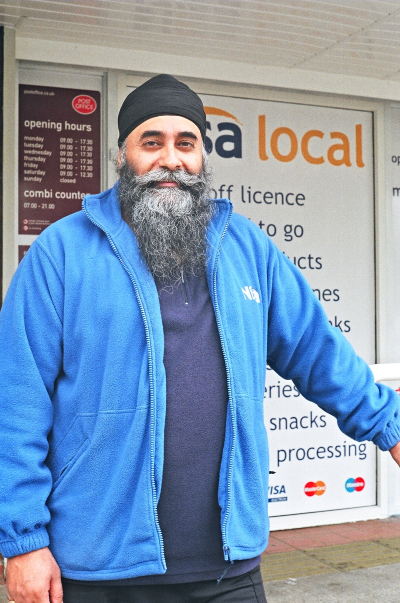
Harry Goraya
“We did OK, but it wasn’t anything substantial. Just generally, with the downturn, you get the feeling people were being a bit cautious. You could see them saying ‘we’ll just have one of those’, instead of two.”
Lower wastage
Anticipating that shoppers might rein in their spending this year, Goraya said he had also decided to cut back.
“We looked at EPoS, at what we had pre-pandemic and what we did during the pandemic and decided to reduce most of our Christmas ordering – by up to 20% on some lines.” As a result, he had minimal stock left over and reduced wastage to as little as 1% to 2%. “I think we were right to err on the side of caution,” he said.
Sales in the end were down on Christmas 2021, but close to pre-pandemic levels. Footfall and basket size remained pretty stable, he added. Best-sellers included spirits, beer kegs and beer machines, which became popular during lockdown when pubs were shut.
“A lot of people seem to enjoy having them at home now,” said Goraya. “They probably got used to it over the pandemic and wanted to have them at home rather than go out so much.”
Vape success
Dennis Williams, who runs a Premier in Oxgangs, Edinburgh, with his wife Linda, said that even allowing for inflation business was up, with Christmas now stronger than Hogmanay.
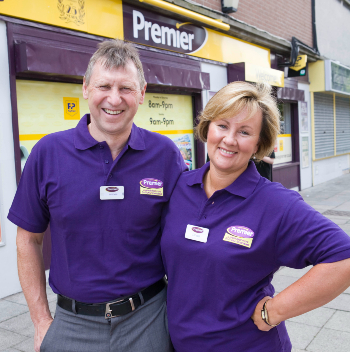
Dennis Williams (Left)
The store opened from 11am to 4pm on Christmas Day and was very popular with shoppers, he said. “If people know you’re open, they do come. We had three staff members in and it kept us all busy.”
The week prior to Christmas was very strong, but business was quiet between Boxing Day and New Year’s Eve, he said.
Top sellers included vapes, which had been “a great success”, as well as alcohol and soft drinks, “and the usual Christmas stuff”.
Growth categories
Food-to-go sold well as people rushed around doing their Christmas preparations and ate on the hoof. Williams did not think the cost-of-living crisis had had any great impact.
“At Christmas, I always think people just find the money. Whether it goes on cards or whatever, it always seems to appear.”
Ramesh Shingadia, who owns two Budgens stores in West Sussex, said “We had a buoyant Christmas and were up on the year before, probably by about 15%, although that’s not factoring in inflation.
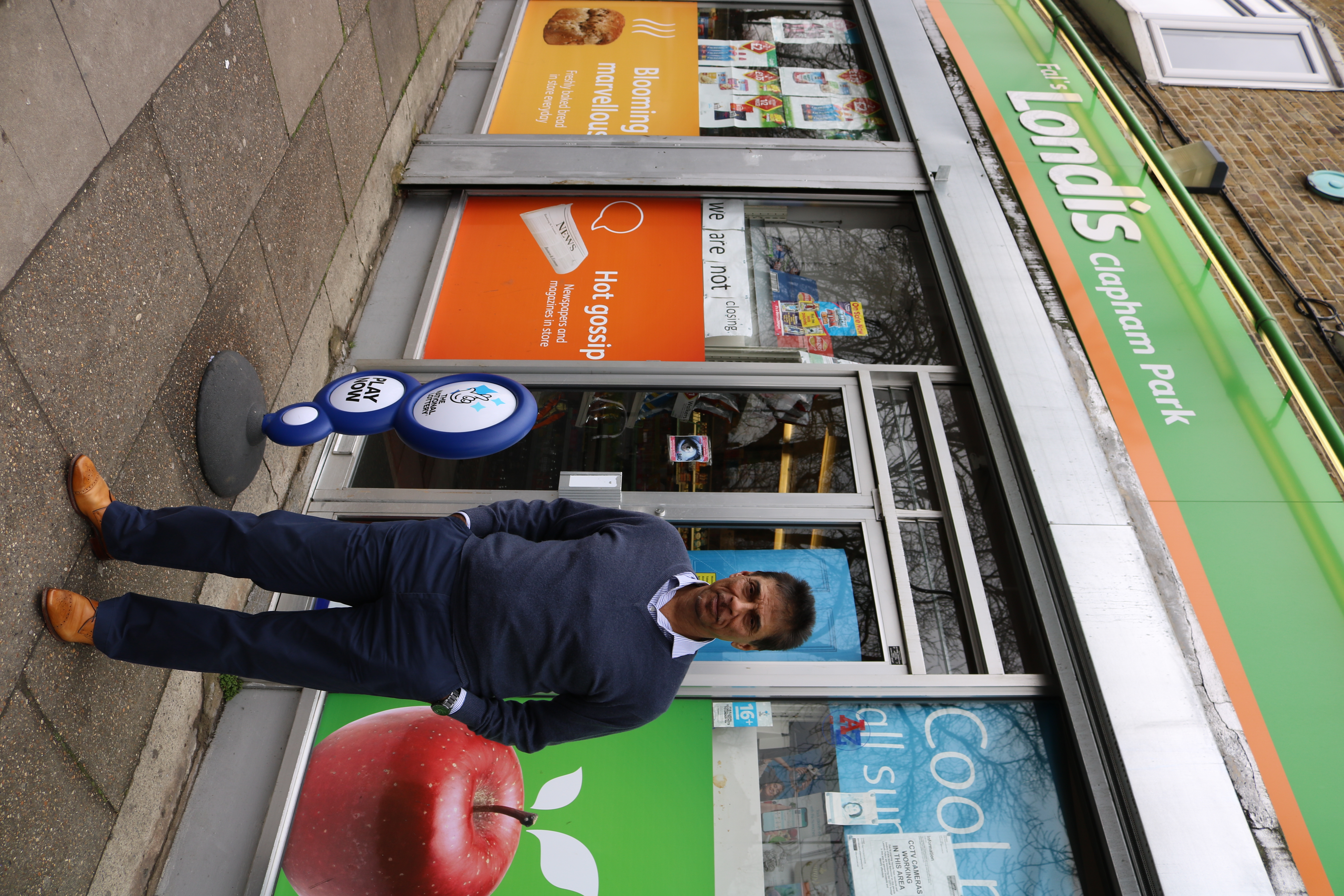
Ramesh Shingadia
“Even with inflation, we’re still trading up on last year. The Friday and Saturday were the best days for us.
“We opened from 9am to 1pm on Christmas Day, but funnily enough it was fairly quiet, probably because it fell on a Sunday and people had a chance to do their last-minute shopping on the Saturday before. It’s normally a lot busier.”
His biggest growth categories in-store were fresh and chilled, as well as vaping. “I think it’s a general trend; people are switching from cigarettes, which are very expensive, especially given the cost-of-living crisis.
Vaping in both stores now exceeds cigarette sales and you’re looking at very high profit margins compared with tobacco, so it’s a category that we are really focusing on.”
>Tournament failed to deliver its usual sales boost, say retailers
The winter World Cup in Qatar had little impact on sales in independent stores in the run-up to Christmas, retailers report. Valerie Aston, director of the Scarborough-based Proudfoot Group, characterised the effect of the tournament as neither positive nor negative.
She said: “We weren’t sure what the impact would be. Most lines featured for Christmas are similar to what we would feature for an event like this – big-pack beers and large sharing snacks. We did, however, ensure we focused on gondola ends with key sponsor products such as Budweiser and PepsiCo.”

Sheffield-based Premier retailer Mandeep Singh said the World Cup had provided a welcome boost, “particularly for the England games and the semi-final and final”, but Kent-based Nisa member Harry Goraya thought the tournament “didn’t really have much bearing” on pre-Christmas sales.
Edinburgh-based Premier retailer Dennis Williams said that apart from some extra beer sales when England were playing (helped by the fact that the nearby army barracks houses lots of English soldiers), the football had made very little difference. “I just think it was the wrong time of the year. People are used to it in the summer,” he said.
Sussex-based Ramesh Shingadia added: “If England had got to the final, we would’ve done a year’s sales in a day, but you can’t have it all.”
>Reasons to be cheerful
What do the next 12 months have in store for independents?
Do the mixed trading patterns seen over Christmas and New Year give any indication of how business might pan out for independent stores over the coming 12 months?
What happens next is the big question, admits Kent-based Premier retailer Anita Nye, although so far in January sales have matched last year, not rising but not falling either. She said: “It’s very difficult to predict what happens next. January is always quiet, but it is no quieter than last year. I think we will know more in February and March when people start getting the bills in for Christmas.”
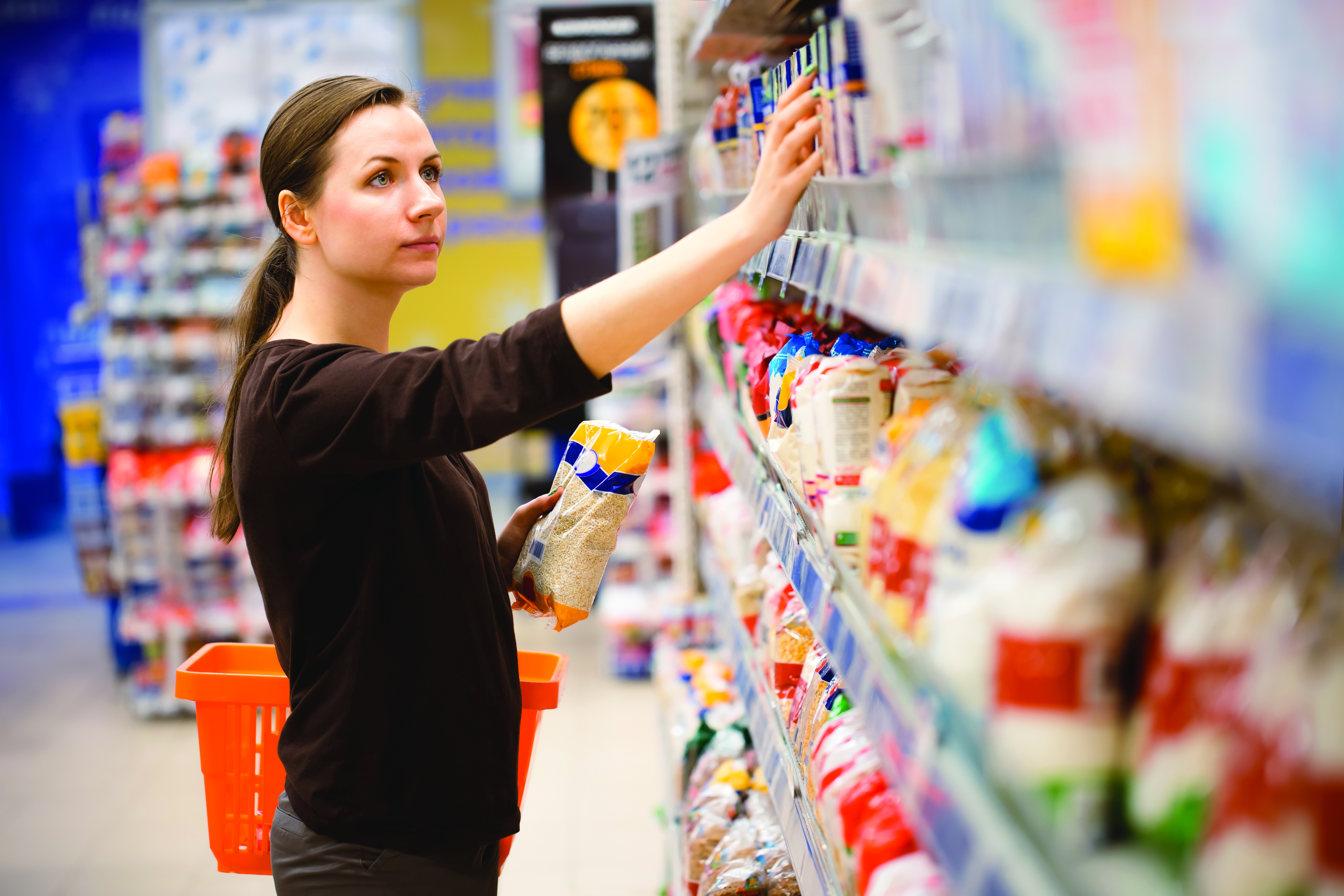 Sheffield retailer Mandeep Singh felt some customers were willing to spend at Christmas before potentially cutting back in 2023. He said: “It did seem as if people were skinting themselves to enjoy Christmas. We really didn’t expect to do as well as we did, so we shall see how it goes from now on.”
Sheffield retailer Mandeep Singh felt some customers were willing to spend at Christmas before potentially cutting back in 2023. He said: “It did seem as if people were skinting themselves to enjoy Christmas. We really didn’t expect to do as well as we did, so we shall see how it goes from now on.”
Leslie Francis, who runs a Spar in the Hampshire village of Enham Alamein with husband Tim, started 2023 well, with a British Empire Medal for her services to the community in the New Year’s Honours list.
And despite poor Christmas sales, she is not downhearted about 2023. She said: “I am cautious but never pessimistic. We will continue to cater for our audience, with things such as the alternatives to branded products that we are already providing. There is always something you can do to help your customers.”
Kent-based Welcome franchisee Sandeep Bains said the cost-of-living crisis was not greatly noticeable at Christmas, but that might just be because customers were enjoying themselves before economising in 2023. He said: “I think we are more likely to feel it now than we were in December. People tend to prioritise Christmas, but now they are being more careful.”
Edinburgh-based Dennis Williams said: “The first two to three months of the year will be tough for everybody, I imagine.” Alongside the squeeze on consumer spending, he is equally concerned about additional burdens being placed on business, including energy costs, the increase in the living wage due in April, and the deposit return scheme on single-use drinks containers set to be introduced in Scotland in August. “There’s a lot of things coming down the track,” he said.
Ramesh Shingadia, who has two stores in West Sussex, has just updated one outlet at a cost of £90,000 and aims to have the other refurbished by mid-February.
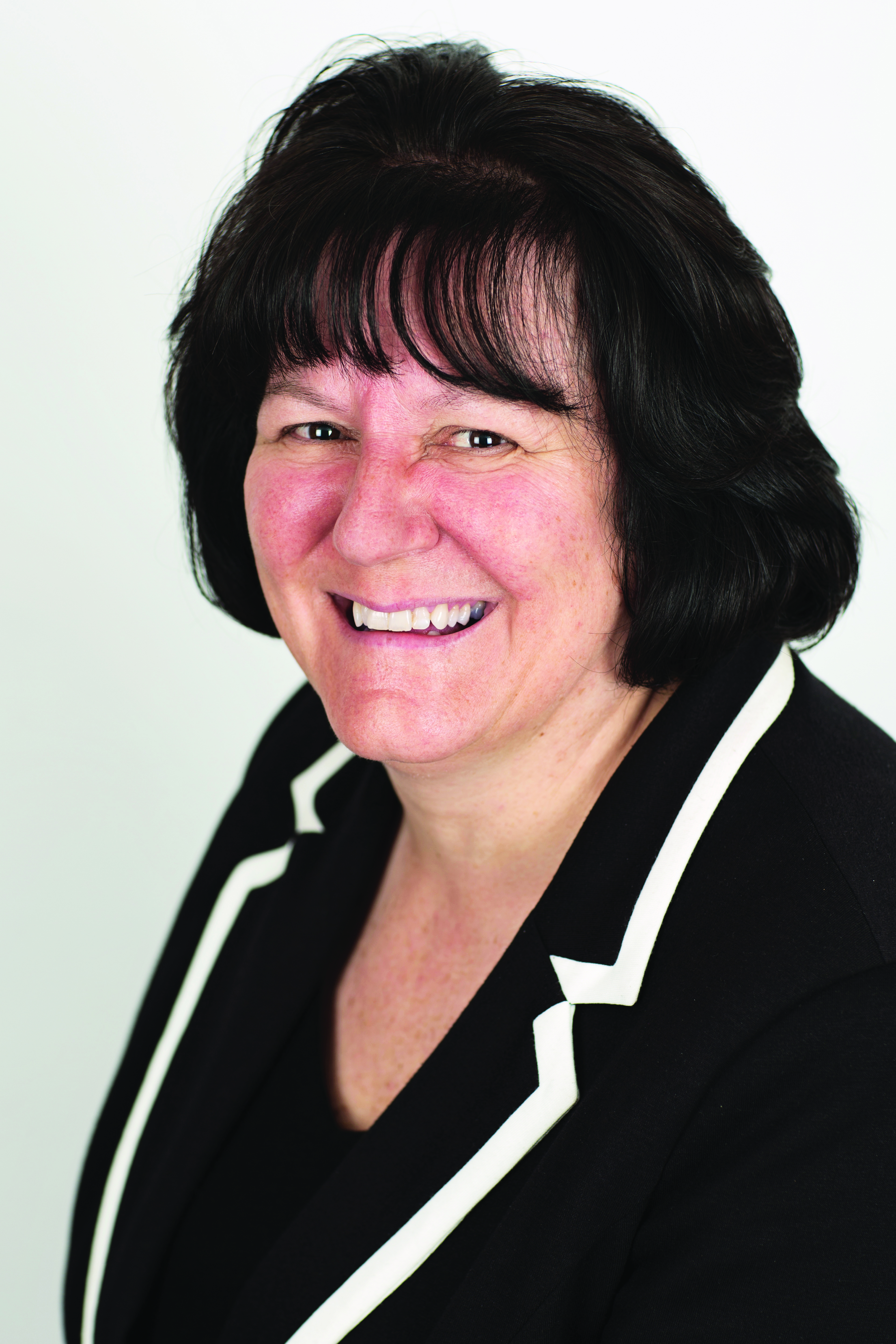
Valerie Aston
He said: “It will be great to have both the stores refitted and ready. There’s a challenge around the living wage, around electricity, and the biggest one is consumer spending power.
If that diminishes and people become more savvy about where they shop, then we have got to make sure we are getting our share. We do feel pretty positive, but we just need to work that bit harder to make sure we are keeping the business in a good place.”
He plans to focus on keeping the stores up to date, providing good customer service, and making sure the value message comes across in the stores.
“As a retailer, you need to make sure you are working on the categories that are driving sales and margins so you can offset the living wage and other things that might come up.
“You really need to have your finger on the pulse of the business now.”
Valerie Aston, director of the Scarborough-based Proudfoot Group, said: “There are obvious challenges, but as we look back at the year and forward to 2023, we see many reasons to be optimistic.”
 Talking Retail Grocery and product news for independent retailers
Talking Retail Grocery and product news for independent retailers



